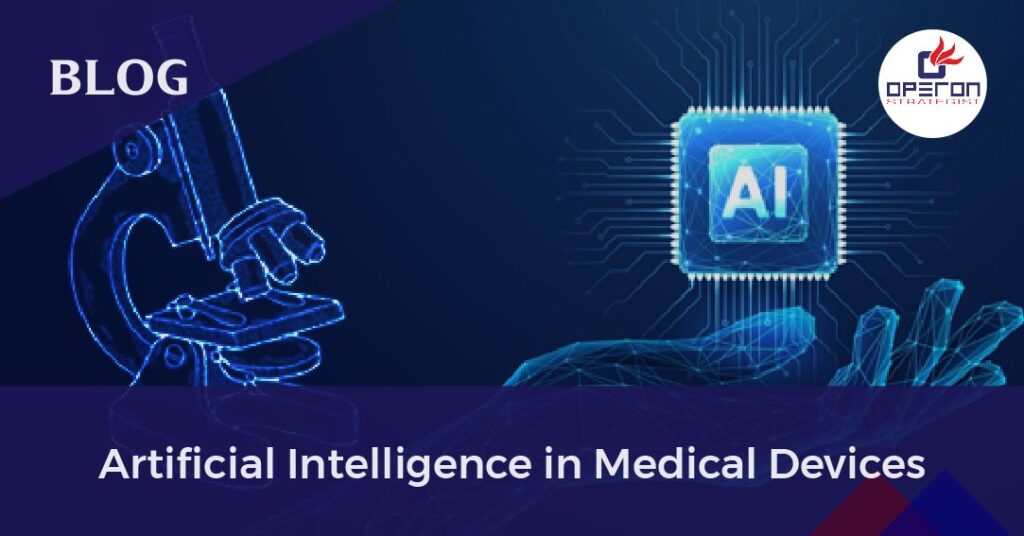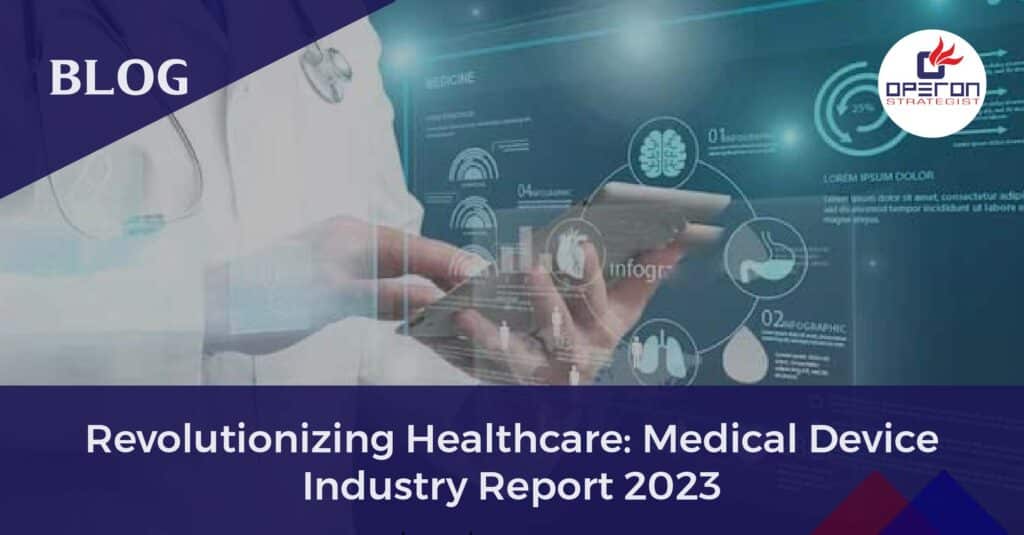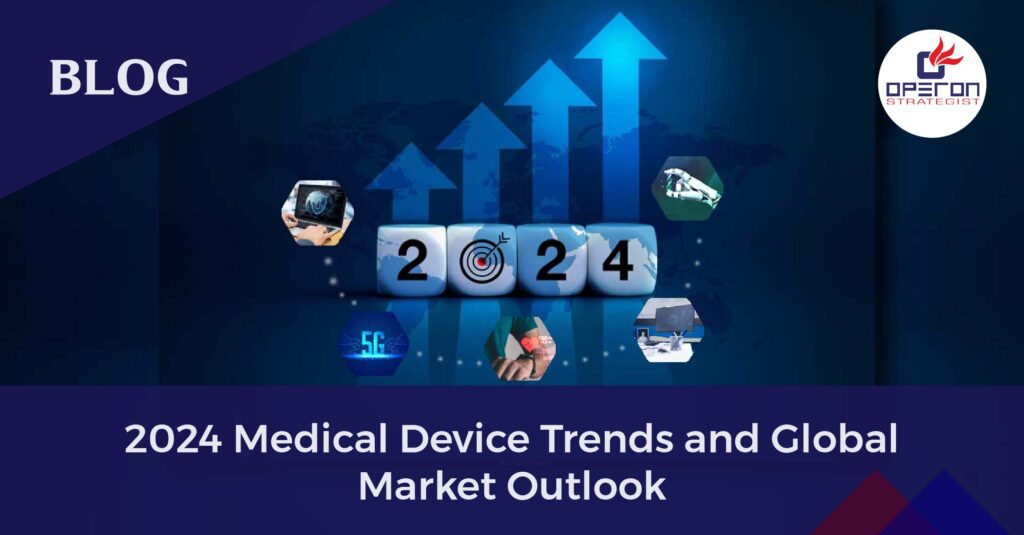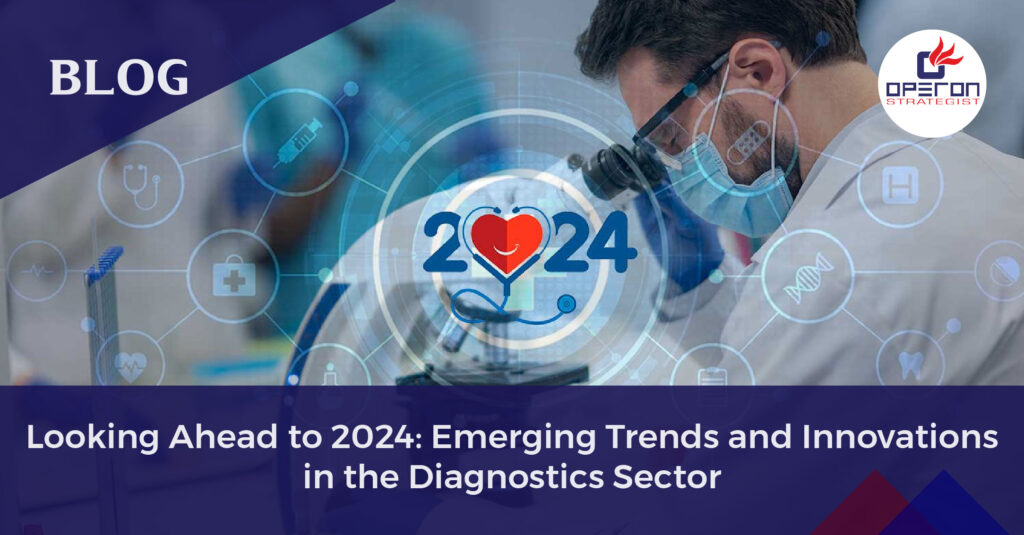Overview of Artificial Intelligence in Medical Devices
Artificial Intelligence in Medical Devices is driving a new era of healthcare innovation. By enhancing diagnostic accuracy, improving operational efficiency, and enabling remote interventions, AI is becoming a core technology in modern medical solutions. From advanced imaging tools to surgical robotics, AI is reshaping how healthcare providers deliver care while meeting stringent regulatory requirements.
In this article, we explore how Artificial Intelligence in Medical Devices is transforming the industry, its key applications, regulatory considerations, and what the future holds for healthcare.
Looking For a Medical Device Regulatory Consultant?
Let’s have a word about your next project
How Artificial Intelligence in Medical Devices is Revolutionizing Healthcare
Artificial Intelligence in Medical Devices is accelerating innovation, improving patient care, and optimizing healthcare workflows. By leveraging vast amounts of clinical data, AI-powered systems support medical professionals in diagnosis, treatment planning, and patient management, all while enhancing efficiency and reducing costs.
Let’s take a closer look at the areas where AI is having the greatest impact:
Key Applications of Artificial Intelligence in Medical Devices
1. Data Management and Manufacturing Efficiency
AI algorithms can process large datasets, uncover patterns, and generate predictions that support both patient care and manufacturing excellence. In medical device production, AI-driven systems enhance quality control, reduce waste, and improve precision. Machine learning models continuously learn from data, leading to smarter, faster, and more efficient manufacturing processes.
2. Diagnostic and Procedural Assistance
AI-powered diagnostic tools analyze medical images such as MRIs, CT scans, and X-rays to detect abnormalities with higher accuracy. These insights assist clinicians in making timely, evidence-based decisions, improving patient outcomes and reducing diagnostic errors.
3. Remote Surgery and Telemedicine Support
Robotic surgery systems integrated with AI can assist surgeons in performing minimally invasive procedures with precision. AI-driven telemedicine platforms offer virtual consultations, patient triage, and personalized health recommendations, expanding healthcare access across geographic boundaries.
Enhancing Patient Experience and Operational Efficiency with AI
1. Automating Routine Tasks
Artificial Intelligence in Medical Devices helps automate administrative functions such as appointment scheduling, inventory management, and electronic health record updates. This reduces the workload on healthcare staff and allows providers to focus on patient care.
2. Optimizing Patient Flow
AI tools can analyze hospital data to predict patient surges, manage bed allocation, and minimize wait times, ensuring seamless patient care while enhancing operational efficiency.
3. Prioritizing Patient Safety
AI systems continuously monitor vital signs and patient conditions, enabling early detection of complications and reducing risks. By ensuring adherence to clinical protocols, AI supports safer care delivery and reduces human error.
Regulatory Approval: A Critical Step for AI Medical Devices
Accelerated FDA Approvals
In recent years, regulatory bodies like the US FDA have fast-tracked approvals for AI-driven medical devices that meet rigorous safety and efficacy standards. This trend is expected to continue, opening doors for innovative healthcare solutions.
Ensuring Compliance and Safety
Compliance with frameworks such as the US FDA 510(k), CE marking, and UKCA ensures that AI-enabled medical devices are tested for safety, accuracy, and reliability. These certifications help build trust with healthcare providers and patients alike.
The Future of Artificial Intelligence in Medical Devices
Ongoing Innovation
AI research continues to unlock new applications in personalized treatment, predictive analytics, and advanced imaging technologies. Emerging AI-powered solutions are expected to further transform healthcare delivery.
Expanding Accessibility
With advances in computing and AI technologies, medical solutions are becoming more affordable and accessible. This democratization of healthcare can significantly improve patient care in underserved regions around the world.
Improving Healthcare Outcomes
By streamlining processes, enhancing diagnostic accuracy, and improving patient safety, Artificial Intelligence in Medical Devices plays a crucial role in achieving better health outcomes globally.
Get Expert Support for AI Medical Devices Regulatory Approval
Why Choose Operon Strategist
Choosing the right partner is key for regulatory success. At Operon Strategist, we help you navigate global approvals like US FDA 510(k), CE marking, and CDSCO registration with expert guidance. Our experience with AI medical devices ensures tailored support for advanced technologies. From risk management to plant layout design, we streamline your approval process for faster market access and safer, compliant products.
Contact us today to accelerate your regulatory journey.
FAQs
What are the key applications of Artificial Intelligence in medical devices?
Artificial Intelligence in medical devices is used for diagnostic imaging, remote surgery, telemedicine support, data management, and predictive analytics. AI helps improve accuracy, operational efficiency, and patient outcomes.
How does AI improve diagnostic accuracy in medical devices?
AI-powered tools analyze medical images such as MRIs, CT scans, and X-rays to detect anomalies faster and more accurately. This supports clinicians in making evidence-based decisions and reduces diagnostic errors.
What regulatory approvals are required for AI medical devices?
AI medical devices must comply with regulations such as US FDA 510(k), CE marking, and UKCA. These approvals ensure safety, reliability, and efficacy, building trust with healthcare providers and patients.
How does AI enhance operational efficiency in healthcare facilities?
AI automates administrative tasks like appointment scheduling, inventory management, and patient flow optimization, reduces staff workload, and ensures timely patient care while maintaining high safety standards.
What is the future of AI in medical devices?
The future includes personalized treatments, predictive analytics, advanced imaging, and broader accessibility. AI continues to democratize healthcare, improve patient safety, and enhance global health outcomes.




